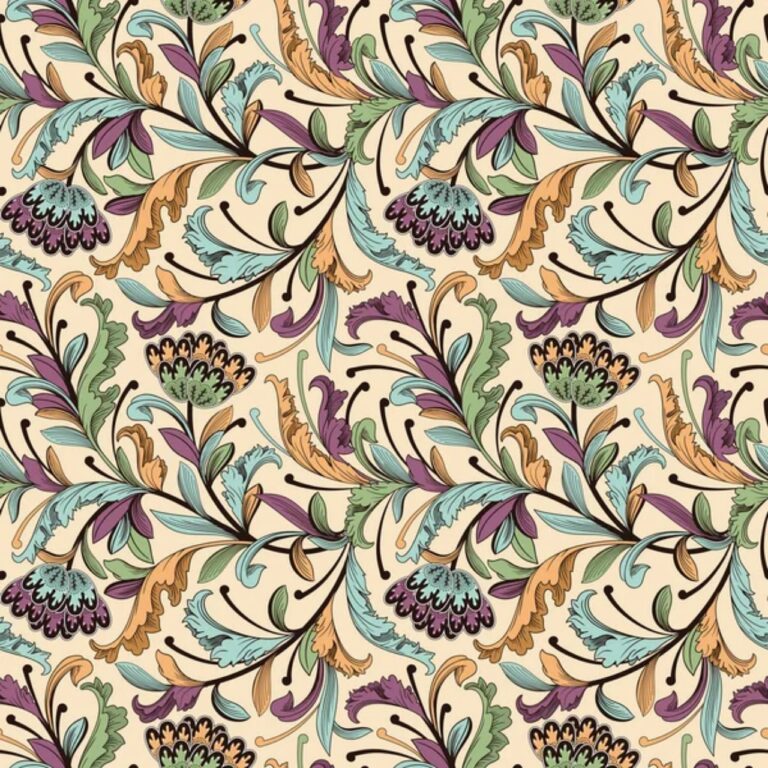Fashion and Activism: How Clothing Can Be a Vehicle for Social Change
Throughout history, clothing has been an essential tool in activism, serving as a powerful means of communication and expression. From suffragettes wearing white dresses to symbolize purity and integrity to Black Panthers donning black leather jackets to exude strength and unity, clothing choices have often been deliberate and impactful in social movements. These sartorial expressions not only unify members of a movement but also serve as a visual representation of their beliefs and demands.
Moreover, clothing in activism has the unique ability to break down barriers and challenge societal norms. By subverting traditional dress codes or utilizing fashion as a form of protest, activists can spark conversations, provoke thought, and incite change. Whether through bold slogans, symbolic colors, or innovative designs, garments have the power to amplify messages and compel individuals to reevaluate their perspectives on social issues.
How Fashion Can Amplify Messages in Social Movements
Fashion has long been a powerful tool for expression and communication. In the realm of social movements, clothing plays a significant role in amplifying messages and making a statement. The choices individuals make in what they wear can send a strong signal of solidarity and support for a cause, helping to unify a movement and convey a sense of shared identity among participants.
By strategically incorporating symbols, colors, and designs into their clothing, activists can visually represent the values and goals of their cause. Fashion becomes a medium through which messages are not only communicated but also embodied, creating a visual language that can resonate with a wide audience. Through the intentional selection of garments, activists can use fashion as a form of protest and resistance, making a bold statement that demands attention and sparks dialogue within society.
The Role of Ethical Fashion in Promoting Social Justice
When it comes to promoting social justice, ethical fashion plays a crucial role in shaping a more sustainable and equitable future. By supporting brands that prioritize fair labor practices, environmental sustainability, and transparency in their supply chain, consumers can contribute to creating a more just and ethical fashion industry. This can lead to positive impacts on communities around the world, ensuring that garment workers are treated fairly and working in safe conditions, while also minimizing the environmental footprint of the fashion industry.
Additionally, ethical fashion has the power to raise awareness about social justice issues and spark important conversations about the impact of our clothing choices. Through creative designs, collaborations with activists and organizations, and messaging that promotes inclusivity and diversity, ethical fashion brands can amplify the voices of marginalized communities and advocate for change. By aligning their values with their products, ethical fashion brands can inspire consumers to make more conscious choices and support initiatives that promote social justice and equality.
What is ethical fashion?
Ethical fashion refers to clothing that is produced in a way that is environmentally friendly, socially responsible, and ethically made. This includes fair labor practices, sustainable materials, and transparent supply chains.
How does ethical fashion promote social justice?
Ethical fashion promotes social justice by ensuring that workers are paid fair wages, have safe working conditions, and are treated with dignity and respect. It also promotes environmental sustainability and reduces the negative impact of the fashion industry on communities and the planet.
How can consumers support ethical fashion?
Consumers can support ethical fashion by choosing to purchase clothing from brands that prioritize ethical production practices, transparency, and sustainability. This includes researching brands, asking questions about their production processes, and supporting initiatives that promote ethical fashion.
What is the historical significance of clothing in activism?
Clothing has played a significant role in activism throughout history, from suffragettes wearing white to symbolize purity and virtue, to civil rights activists donning black to symbolize unity and strength. Clothing can be a powerful tool for expressing solidarity, raising awareness, and amplifying messages in social movements.
How can fashion amplify messages in social movements?
Fashion can amplify messages in social movements by serving as a visual representation of values, beliefs, and causes. Clothing and accessories can be used to make a statement, spark conversations, and create a sense of community among individuals who share a common goal or belief.
What are some examples of ethical fashion brands that promote social justice?
There are many ethical fashion brands that prioritize social justice in their production processes, such as Patagonia, Stella McCartney, and Eileen Fisher. These brands are known for their commitment to fair labor practices, sustainable materials, and transparency in their supply chains.







